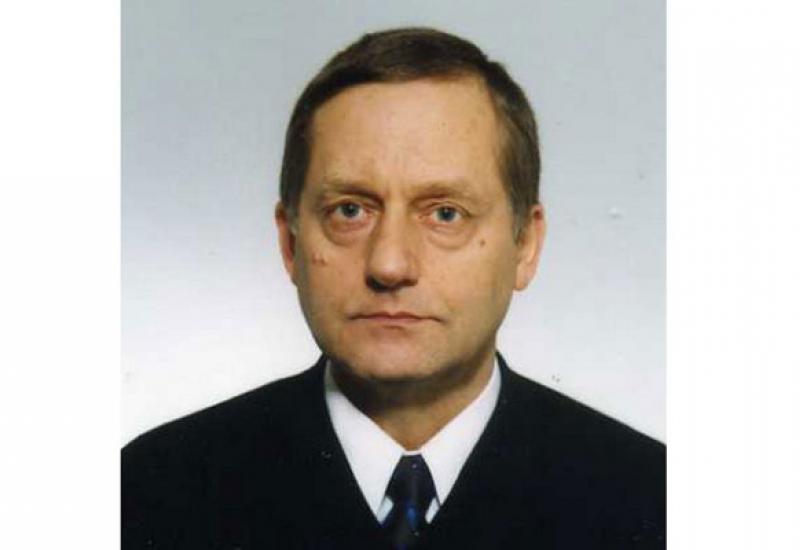Among NTUU “KPI”'s record-setters, who were honored as laureates of the “Lecturer-Researcher” competition for five years straight (all the time the competition existed), is one Petro Ivanovych Bidyuk – a doctor of technical sciences and a professor of the IASA's Systems Analysis Department. His scientific career is linked with the development of the theory, methods and algorithms of mathematical modelling, adaptive and optimal control of technological processes and systems. He created the scientific school of modelling and statistic forecasting of non-linear nonstationary processes of different nature. Based on the systems and statistical analysis theory he developed education courses - “Mathematical modelling of transitive period economics”, “Statistic methods of forecasting financial processes”, “Bayesian networks”.
Professor P.I. Bidyuk actively cooperates with international scientific associations, such as “Nonlinear analysis in economy and finance”, “Human factor and ergonomics”, “Association of Bayesian data analysis researchers”. He's an active participant in international conferences and seminars on automatic control, optimal parameter measurement and dynamic system states, which take place in Poland (Zelena Gura Technical University), USA (Florida International University Jacksonville), and others. P.I.Bidyuk is an author of 370 scientific papers, 5 monographies, 3 textbooks and 15 inventions. His main papers of the last few years include “Quality analysis methods” (2004), “Nonlinear processes modeling and forecasting” (2005), “Forecasting methods” (2008), “Time series analysis”, “Decisionmaking support systems design” (2011). He received the international Nelson Butters Award for the best scientific paper published in 2005.
When asked what he sees as the main thing in his work as a teacher, Petro Ivanovych answered: “I want to teach students how to rationally spend their time, dividing attention between studies and free time. Five years of study are going to be over in a blink of an eye. And then you'll ask yourself – what did I leave behind? Our department's staff assists students in becoming future experts from the 4th year on. At the time they usually have an idea as to what do they want to do, what speciality to choose, they start actively working. They choose the topic of research, they demonstrate interesting developments, master's thesis turns into a candidate's in a year or two, and former students, all of a sudden, become young colleagues, form a scientific school”. Deeds aren't too far removed from words, as Petro Ivanovych helped train 157 masters and 16 candidates of sciences. Recently some of them defended their theses: Yevhen Demkivskyi (2007), Lev Korshevnyuk (2007), Oleg Mytnyk (2008), Andriy Fefelov (2008), Oleksandr Terentiev (2009), Anna Lytynska (2010), Arseniy Kroptya (2010), Yaroslav Baklan (2011), Natalia Kuznetsova (2011).
He's fascinated to work, to converse with students, to always discover something new. “Repeating textbooks,” says Petro Ivanovych, “does nothing for your development, for moving forward”. And despite the state of national economy, and hence the material supply of education, not engendering optimism, the scientist is pleased with the results of his work. And his pupils, who're working at his side, will continue it.

